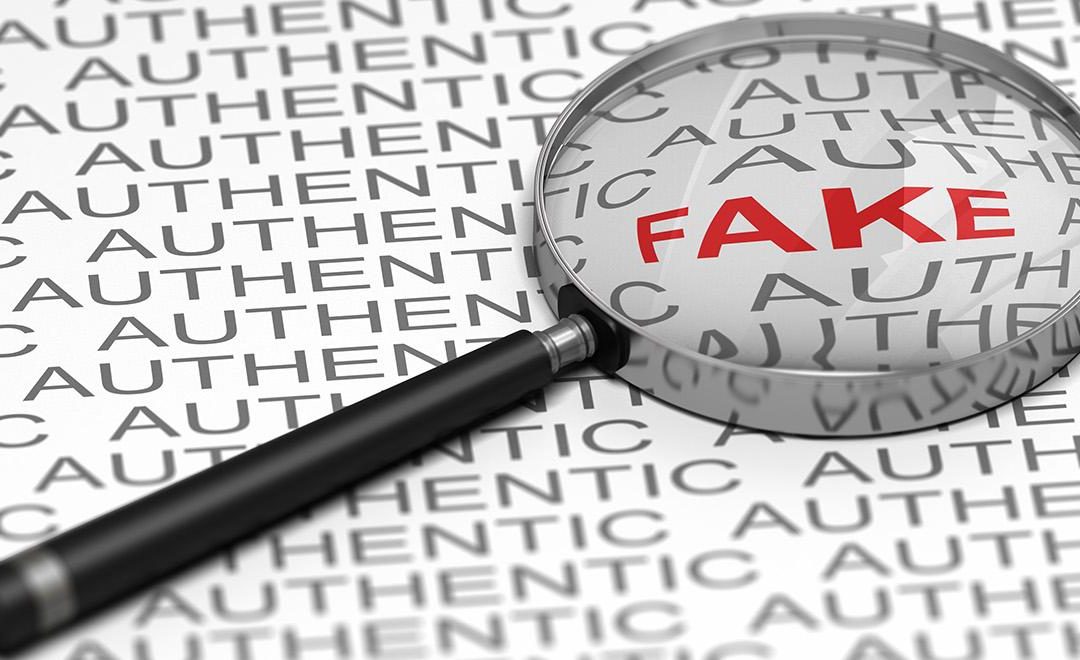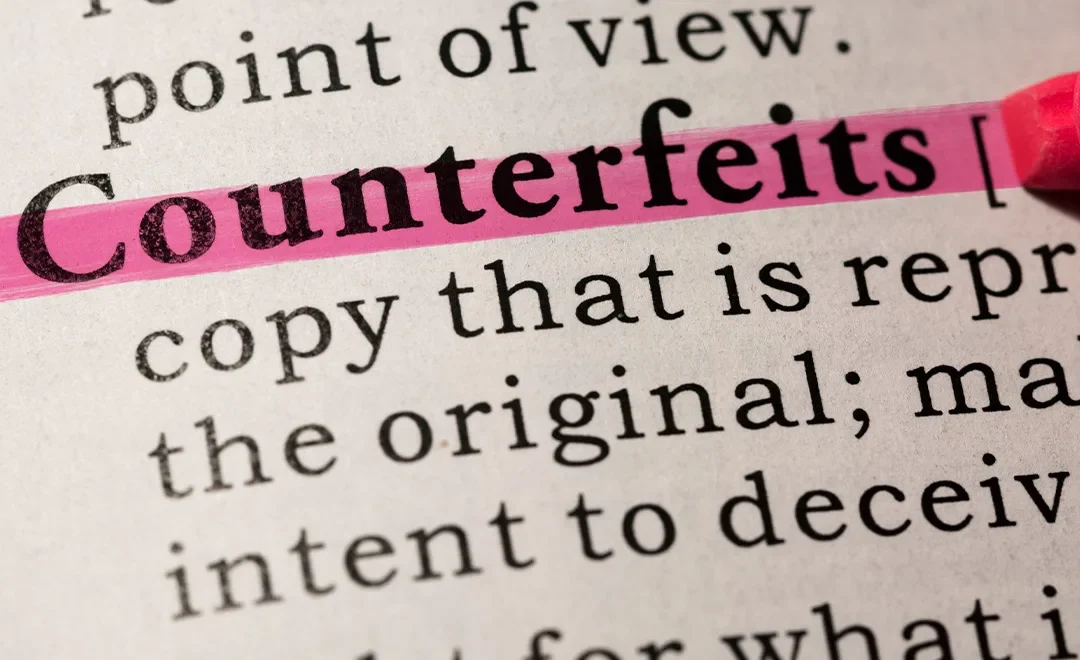 A new scandal has hit the British industry after claims of fraud, corruption, and “widespread abuse” within the export system.
A new scandal has hit the British industry after claims of fraud, corruption, and “widespread abuse” within the export system.
According to a report in The Guardian, the Environment Agency (EA) has employed a team of investigators, including three former police officers, to address complaints that the UK’s packaging waste recycling system is being abused by organised criminals and other nefarious firms.
In the last three months, six separate UK plastic waste exporters have had their licences either suspended or cancelled, with one firm having 57 containers of waste stopped at UK ports since 2015, due to “concerns over contamination of waste.”
The Guardian also understands that the agency is investigating allegations including: Exporters making false claims for tens of thousands of tonnes of plastic waste which possible doesn’t exist; improper recycling of UK plastic waste, with the waste “being left to leak into rivers and oceans”; illegal shipments of plastic waste to the Far East, via the Netherlands; and UK firms with “serial offences of shipping contaminated waste” being allowed to continue exporting.
Exporters make millions of pounds by charging retailers and manufacturers a shifting tonnage rate for Perns, or plastic waste recovery notes (currently sitting at a price of £60 ($78/€68) a tonne).
These Perns are bought by retailers, in order to satisfy the Government that they are contributing towards the recycling of plastic packaging waste. Last year, UK households and businesses used 11 million tonnes of packaging, according to Government statistics.
This summer, the system was criticised by the National Audit Office (NAO) for its openness to fraud and abuse, as it relies upon self-declarations from companies about how much packaging waste they’re exporting. This prophesy appears to have been borne out, with the EA now in receipt of information reportedly showing “huge discrepancies” between the amount of packaging exports claimed to have been shipped by exporters, and the amount of exports recorded by HM Customs: 35,135 tonnes’ difference, to be precise.
“In the last few months the customs figures on waste plastic are lower than the figures given to the Environment Agency by the exporters – suggesting more people are shipping stuff they claim is waste plastic in order to get the Pern price,” said one inside source quoted by the newspaper. “Perns are running at around £60-70 ($78-91/€68-79) a tonne, so that encourages all sorts of people to pursue the export market, and the question is whether the enforcement is strong enough to detect whether this is actually plastic waste being shipped out.”
Around 100 containers of plastic waste are shipped out from British ports daily, heading for Europe and the Far East. Insiders have said that EA staff have “never visited any of the countries or sites where British waste plastic is exported for recycling.”
One individuals who raised the discrepancy with the EA was the Environmental Services Association’s Executive Director, Jacob Hayler.
“We have flagged this and they are aware of it,” he explained. ‘The agency and others are looking at how to improve enforcement … there is organised crime, and criminal gangs exploit the system, that does go on.”
The investigation comes at a troublesome time for plastic waste exports, with the Chinese ban of earlier this year now leading to similar restrictions in other Asian countries such as Thailand, Malaysia, and Vietnam. Recent reports that Poland is also considering introducing restrictions points to an increasing wariness, amid evidence of high contamination rates.
As a result, exports from the UK to Turkey and the Netherlands are “soaring”, although further insiders have told The Guardian that the export market, which Britain is desperately reliant on as it faces up to the target of reprocessing more than fifty percent of plastic waste by 2020, could “dry up within weeks.”
“All these markets are effectively closing the door to the poor quality material and they are increasingly limited in what they will accept of the better quality material,” said Phil Conran, Director at 360 Environmental and Chair of the Government’s advisory committee on packaging. “At the moment material is still being collected and still going somewhere … but all the sense is that we have reached a tipping point and we simply are struggling to find markets for material that is being collected.”
In the first quarter of 2018, the UK exported 27,034 tonnes of plastic waste to Turkey – up from 12,022 tonnes in the same period of 2017. Exports to the Netherlands, meanwhile, have risen by nearly 10,000 tonnes in the first six months of this year, compared to the first half of 2016 – 38,207 tonnes compared to 28,784.
This increased dependency has led to further fears of system abuse; the EA has been passed reports, alleging that export firms are using the Netherlands to “effectively launder” plastic waste, exploiting the looser controls over shipments to Europe, before illegally moving it on to the Far East, “where they might struggle to get approval under the UK licence system.”
Addie van der Spapen, of Dutch recycling firm Kunststof Recycling, admitted that the Netherlands did not have the capacity to reprocess increased amounts of plastic waste from the UK: “It won’t all get recycled. Europe is getting overflowed with the material from England, they are flooding Europe with their plastic.”
Another source raised fears over the growing Turkish market, and that UK waste will make its way into the oceans: “The concern about Turkey is more whether material is being stored to be recycled later, or not recycled at all and being burnt.”
This year’s inquiry by the NAO criticised the EA and the Government for their “lack of rigour.”
“The financial incentive for companies to fraudulently claim they have recycled plastic packaging is higher than for any other material,” it said. “There is therefore a risk that some of it is not recycled under equivalent standards to the UK and is instead sent to landfill or contributes to pollution.”
The EA’s Marie Fallon confirmed to Parliament recently that an “intelligence-led central investigations team has been set up to tackle corruption and fraud within the export system.” Fallon accepted that her agency “could have done better” in recent years, in tackling abuses.
In 2016-17 staff carried out less than 40 percent of the 346 spot-checks on companies that it had planned. In 2018, five export firms which are red-flagged for risk are still operating, with a further 33 medium-risk firms also still accredited to export plastic waste.
Truls Haug, Managing Director of TOMRA Collection Solutions UK & Ireland, a deposit return company, responded to news of the investigation, saying: “It is more important than ever to have reliable systems such as deposit return in place. There is a clear and urgent need to ensure that plastic beverage containers are processed in a manner that protects the quality of the material. A deposit return system, like the one that is currently being discussed in Scotland, will ensure that the most valuable recyclable materials – plastic beverage containers – are processed at a level where their quality is assured.”
Haug continued: “Scotland is implementing a container deposit scheme as it wants to improve the recyclability of its containers, and this news further supports a deposit return system that includes all types of plastic beverage containers, which would be extremely beneficial to the UK as a whole. A deposit return system helps ensure that beverage containers keep their value as a material, providing a product that is easy to sell on and therefore not left to pollute our oceans, streets and landfills.”
“The sooner we have a container deposit return scheme in place, the sooner we can ensure that more plastics are recycled in a responsible and eco-friendly way,” Haug concluded. “This will safeguard the quality and standard of the recyclable material, making sure it is kept in the closed loop and not downgraded.”




















